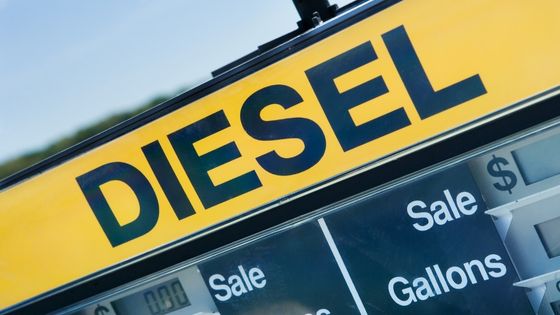Due to their greater fuel efficiency and higher horsepower than gasoline-powered vehicles, diesel automobiles have been a popular choice for many consumers in recent years. Diesel vehicles have faced criticism for their detrimental environmental effects, particularly on air quality. The diesel issue refers to the difficulty of reconciling the performance advantages of diesel vehicles with the requirement to decrease air pollution and safeguard public health.
Concern over diesel cars’ effects on air quality has grown among the general public in recent years, particularly in cities with already high levels of air pollution. Nitrogen oxides (NOx) and particulate matter, two pollutants from diesel engines that are unhealthy for human health, have a role in several respiratory issues and disorders. Additionally, because they increase the air’s concentration of greenhouse gases, diesel emissions exacerbate climate change.
Impact on Air Quality
Particularly in heavily populated metropolitan areas, diesel cars dramatically worsen air pollution. Nitrogen oxides, particulate matter, and sulphur dioxide are just a few dangerous particles in diesel engine emissions that can injure respiratory systems and contribute to global warming. According to a World Health Organization report, an increase in the risk of lung cancer and other respiratory ailments has been linked to diesel emissions.
Regulation and Testing
Governments all around the world have enacted legislation to restrict diesel engine emissions to lessen the environmental effect of diesel vehicles. For instance, the Euro 6 emissions standard was implemented in Europe in 2014 and places rigorous emission requirements on diesel vehicles. Although some automakers have been accused of deploying “defeat devices” to rig emissions tests, questions have been raised regarding the reliability of emissions testing. Furthermore, the scandal has damaged the reputation of several major manufacturers. This has resulted in compensation claims being made on sites like dieselemissionclaims.co.uk against manufacturers.
Challenges of Implementation
There are still a lot of obstacles to overcome to put these restrictions to use in limiting diesel emissions. The high expense of modifying older diesel vehicles to meet pollution standards and the dearth of viable diesel fuel substitutes are two of the major issues. The influence on the economy and the competitiveness of regional sectors is another reason why some governments are hesitant to enact severe emissions standards.
The Future of Diesel
The need to balance the performance advantages of diesel vehicles with the requirement to lower air pollution is a complex problem that calls for a multifaceted strategy. Strict emissions regulations and ongoing testing are necessary to lessen the environmental impact of diesel vehicles. Additionally, funds must be allocated towards studying, creating, and advancing alternative fuels and engine technology to give consumers more ecologically friendly choices.
The diesel conundrum ultimately emphasises the significance of striking a compromise between the performance advantages of diesel vehicles and the requirement to lower air pollution. For consumers to have access to greener and more sustainable options, alternative technology investment is also essential, even though rules and testing are crucial in reducing emissions from diesel vehicles. Governments, businesses, and consumers can work together to lessen the harm that diesel vehicles do to the environment and help create a cleaner, healthier future for everybody.




















